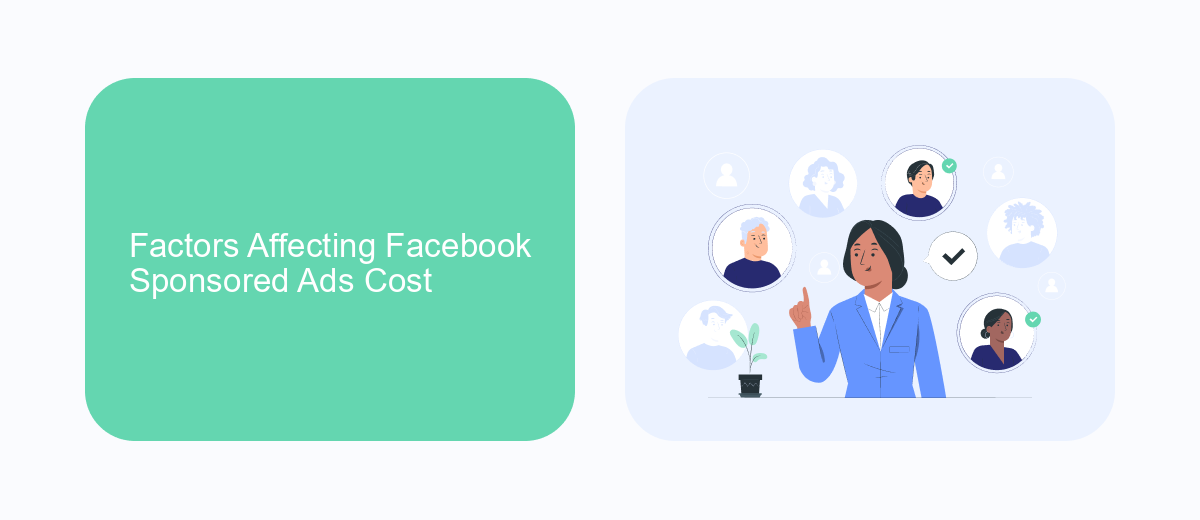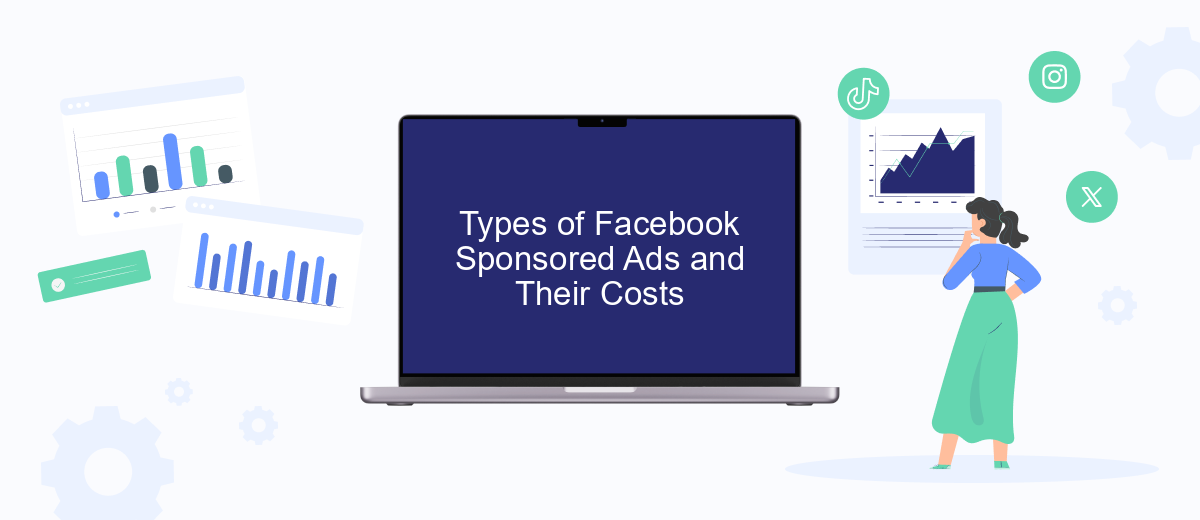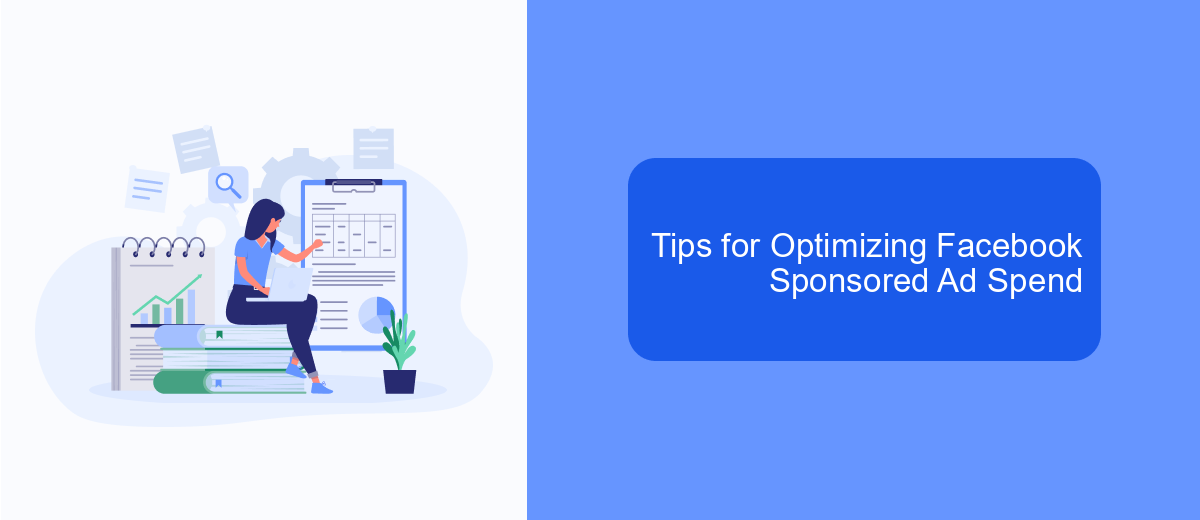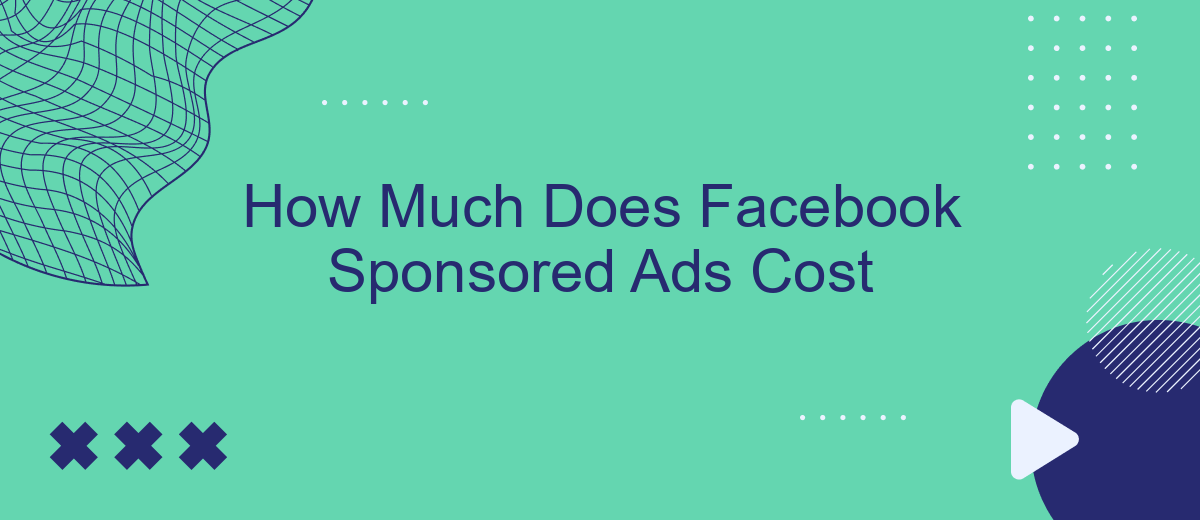Understanding the cost of Facebook sponsored ads is crucial for businesses looking to maximize their advertising budget. This article delves into the various factors that influence the pricing of Facebook ads, including audience targeting, ad placement, and bidding strategies. By gaining insights into these elements, you can better plan your marketing campaigns and achieve optimal results without overspending.
How Facebook Sponsored Ads Pricing Works
Facebook Sponsored Ads pricing operates on a bidding system, allowing advertisers to set a budget and bid for ad placements. The cost is influenced by several factors, including the target audience, ad placement, and competition. Understanding these elements can help optimize your ad spend effectively.
- Target Audience: The more specific and competitive your audience, the higher the cost.
- Ad Placement: Costs vary depending on whether ads are placed in the news feed, stories, or other locations.
- Competition: During peak times or in competitive industries, bid prices can increase significantly.
Advertisers can choose between different bidding strategies, such as cost-per-click (CPC), cost-per-impression (CPM), or cost-per-action (CPA). By monitoring performance metrics and adjusting bids, you can achieve a balance between cost and effectiveness, ensuring your advertising budget is used efficiently.
Factors Affecting Facebook Sponsored Ads Cost

Several factors influence the cost of Facebook sponsored ads, making it essential for advertisers to understand these variables. One primary factor is the target audience, as more competitive demographics or highly sought-after interests can drive up costs. Additionally, the ad placement and format, such as whether the ad appears in the news feed, stories, or right column, also play a significant role in determining the overall expense. The time of year can affect costs too, with higher competition during peak shopping seasons like Black Friday or the holiday period.
Another critical factor is the ad quality and relevance score. Facebook uses these metrics to assess how engaging and pertinent your ad is to your target audience. Higher quality and relevance scores can lead to lower costs. Furthermore, the overall campaign budget and bidding strategy, whether you choose cost-per-click (CPC) or cost-per-impression (CPM), impact the expenditure. Utilizing integration services like SaveMyLeads can streamline your ad management process, ensuring that your campaigns are optimized for cost-efficiency by automating lead generation and other critical tasks.
Types of Facebook Sponsored Ads and Their Costs

Facebook offers a variety of sponsored ad types, each catering to different marketing objectives and budgets. Understanding the costs associated with these ad types can help businesses allocate their advertising budget more effectively.
- Image Ads: These are simple ads featuring a single image. Costs can start as low as #sml_subkey-2-section-html#.97 per click.
- Video Ads: Video ads are engaging and can be more expensive, with costs ranging from .00 to .00 per click.
- Carousel Ads: These ads showcase multiple images or videos in a single ad. Costs vary but generally range from #sml_subkey-2-section-html#.50 to .00 per click.
- Slideshow Ads: Slideshow ads use a series of images to create a video-like experience. Costs are similar to image ads, around #sml_subkey-2-section-html#.97 per click.
- Collection Ads: These ads allow users to browse a product catalog. Costs can range from .00 to .00 per click.
Each ad type offers unique benefits and costs, making it crucial for advertisers to choose the right format based on their specific goals and budget constraints. By understanding the cost structure, businesses can optimize their ad spend and achieve better ROI.
Tips for Optimizing Facebook Sponsored Ad Spend

Optimizing your Facebook sponsored ad spend can significantly improve your return on investment. The key is to focus on strategies that enhance ad performance while keeping costs manageable. Start by setting clear objectives for your campaigns, such as increasing brand awareness, driving website traffic, or boosting sales.
Next, make sure to define your target audience accurately. Utilize Facebook's robust targeting options to reach users who are most likely to engage with your ads. This will help you avoid wasting money on uninterested viewers. Additionally, continuously monitor and adjust your campaigns based on performance data.
- Use high-quality visuals and compelling ad copy to capture attention.
- Test different ad formats and placements to find what works best.
- Leverage A/B testing to refine your strategies.
- Set a reasonable budget and bid strategically.
- Analyze performance metrics regularly to make data-driven decisions.
By following these tips, you can make the most of your Facebook ad spend and achieve better results. Remember, optimization is an ongoing process, so keep experimenting and refining your approach to stay ahead of the competition.
- Automate the work with leads from the Facebook advertising account
- Empower with integrations and instant transfer of leads
- Don't spend money on developers or integrators
- Save time by automating routine tasks
Additional Considerations for Facebook Sponsored Ads Costs
When considering the cost of Facebook Sponsored Ads, it's important to account for additional factors that can influence your overall expenditure. The level of competition in your industry, the specific targeting criteria you set, and the time of year can all impact the cost per click (CPC) and cost per thousand impressions (CPM). For instance, during peak shopping seasons or major events, ad costs may rise due to increased demand. Monitoring these trends and adjusting your budget accordingly can help optimize your ad spend.
Another crucial consideration is the integration of your ad campaigns with other marketing tools and platforms. Utilizing services like SaveMyLeads can streamline this process by automatically transferring leads from your Facebook ads to your CRM or email marketing system. This not only saves time but also ensures that your leads are promptly followed up, potentially increasing your return on investment (ROI). By leveraging such integrations, you can maximize the efficiency and effectiveness of your advertising efforts, thereby making more informed decisions about your ad budget.
FAQ
How much does it cost to run a Facebook Sponsored Ad?
How can I control my ad spending on Facebook?
Are there any tools to help automate and optimize Facebook ad campaigns?
What factors influence the cost of Facebook Sponsored Ads?
How can I measure the effectiveness of my Facebook Sponsored Ads?
What do you do with the data you get from Facebook lead forms? Do you send them to the manager, add them to mailing services, transfer them to the CRM system, use them to implement feedback? Automate all of these processes with the SaveMyLeads online connector. Create integrations so that new Facebook leads are automatically transferred to instant messengers, mailing services, task managers and other tools. Save yourself and your company's employees from routine work.

